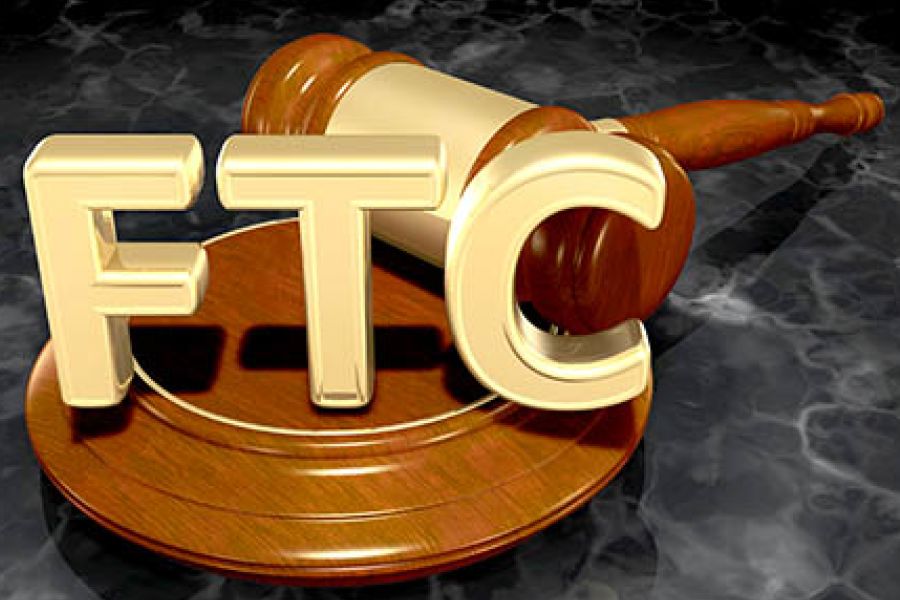Discounts for lack of marketability are well established when valuing minority interests in closely held businesses. But many valuation experts believe that controlling business interests also warrant a marketability discount to reflect the uncertainty and risk associated with the timing of the sale and the ultimate price. Here’s a closer look at this issue. Minority (non-controlling) interests In a business valuation context, “marketability” refers to the ability to quickly convert property to cash at minimal cost. While publicly traded stocks are readily marketable, interests in private companies typically require substantial time, cost and effort to sell. To the extent that public stock data is used to value private businesses, a discount may be warranted to reflect the lack of marketability. Marketability discounts are well established when valuing minority...

Businesses face uncertain conditions today, including geopolitical and cybersecurity risks, inflation concerns, environmental issues, and a lack of clarity about future tax laws and interest rates. Here’s an overview of how business valuation professionals factor these kinds of issues into their value conclusions. Market analysis Before crunching the numbers, valuators must fully understand the market conditions in which the subject company currently operates. This involves evaluating macroeconomic indicators (such as growth in gross domestic production, inflation rates, interest rates and unemployment levels) and industry-specific factors (such as market trends, competitive landscape and regulatory changes). Analytical procedures may need to be more robust during times of market volatility. Valuators can’t presume that the subject company will maintain the status quo in uncertain markets. Moreover, some industries may be more...
Manufacturers are as varied as the products they make. They come in different sizes and specialties. So no universal formula applies when determining their value. Instead, a business valuator must fully understand the subject company’s operations to arrive at an accurate value conclusion. Here’s a closer look at seven factors that affect value in the manufacturing sector: 1. Financial performance. Regardless of the subject company’s industry, value is largely driven by financial health and stability. Income statements provide insights into historical revenue trends, profit margins and cost structures. Valuators also analyze balance sheets and cash flow statements. Key metrics that are considered include liquidity ratios, debt levels, and sources and uses of operating cash flows. A strong financial position may demonstrate that a company invests in growth...
A recent U.S. Supreme Court ruling resolves a circuit split on a business valuation issue — and it could have a major impact on the value of many closely held companies going forward. In Connelly v. IRS (144 S. Ct. 1406, 2024), the Court held that corporate-owned life insurance (COLI) designed to fund the redemption of a deceased shareholder’s stock under a buy-sell agreement should be considered a corporate asset when calculating the value of the decedent’s shares for purposes of the federal estate tax. Here’s a summary of the case and how it may affect owners of other private companies. IRS challenges estate’s valuation Two brothers co-owned a building supply company. They entered into a buy-sell agreement to ensure that the business remained in the family if...
Shareholders who own a minority interest in a business may not always agree with key decisions made by controlling shareholders. For instance, a minority shareholder might object to a stock-for-stock or “squeeze-out” merger. Or, if a proposed transaction will reduce a minority shareholder’s compensation or divert corporate assets, that individual may file an oppression suit. In such cases, courts will often apply a “fair value” remedy. What is fair value? Most states have adopted the Model Business Corporation Act (MBCA), which entitles dissenting or oppressed minority shareholders to receive fair value for their interests. Under the MBCA, fair value is the value of the shares immediately before the corporate action to which the dissenter objects. It generally excludes any change in value in anticipation of the corporate...
Meteorologists warn that the 2024 hurricane season could break records, possibly surpassing 2020, the worst hurricane season on record. Even if hurricanes aren’t a threat where your business operates, other natural disasters — such as floods, wildfires and tornadoes — could impact your normal operations. Interruptions from these disasters and other crises can cause significant financial losses. Business owners may purchase business interruption insurance to safeguard against potential losses. These policies can allow you to recoup lost profits, repair damaged assets and cover other incremental expenses. When a covered event occurs, it’s important to hire a business valuation professional to explain your coverage and estimate your losses. Understanding your coverage Business interruption insurance is arguably one of the most complicated insurance products on the market today. And most...
When a marital estate includes an interest in a closely held business, determining its value for purposes of dividing up assets for a divorce settlement can be challenging. Additionally, part or all of the business may be excluded from the marital estate, depending on state law, legal precedent and prenuptial agreements between the spouses. A business valuation professional can help the parties achieve a fair outcome. 2 components of value The value of a business can be broken down into two pieces. First up are tangible (or hard) assets. Examples include such items as cash, receivables and equipment. Most of these items are recorded on a company’s balance sheet. The difference between the combined market values of tangible assets and liabilities (such as payables and bank debt)...
Summer is a great time for business owners to review their estate plans. Maybe your kids are home for summer break, so they’re top of mind. Or perhaps you’re vacationing with relatives or getting together for a backyard BBQ. Whatever the reason you’re spending time with your family, consider having an open discussion with them about your estate planning goals — and how your business fits in your overall plan. Before you have a family meeting, however, you’ll need to get a handle on how much your business is worth today. In uncertain markets, the value of your business may differ from your expectations. One more reason There’s another important reason to have your discussion soon: Today’s generous federal gift and estate tax exemption is set to expire...
Some business owners may be considering donating corporate stock to charities in 2024. Donations of public stocks are generally easy to value because their prices are listed on public stock exchanges. But valuations of private business interests are typically more complicated. Here’s some guidance on how valuators determine the fair market value (FMV) of closely held business shares and why a formal valuation may be needed to support charitable contribution deductions for these gifts. Tax deductions Qualified charitable donations can help lower your taxable income as well as support worthwhile causes. However, not all donations are tax deductible. Individuals can deduct them only if they itemize. In addition, charitable contributions must be made to qualified organizations. Depending on the amount of your private stock donation, to claim the...
Noncompete agreements can be valuable to a business, especially after a merger or acquisition. Estimating the value of these agreements has become more complicated in light of a controversial new final rule issued by the Federal Trade Commission (FTC) that will ban noncompetes for most employees and independent contractors, starting in September 2024. Types of noncompetes Noncompete agreements have been a standard business practice for decades. Some are required as a condition of employment or upon termination of employment. Here, the employer requires an employee to sign a noncompete agreement to protect the employer’s business interests, guard against disclosure of trade secrets, and prevent the employee from poaching customers or clients. These agreements generally limit employment activities in the same field for a specified period. Noncompetes also may...











